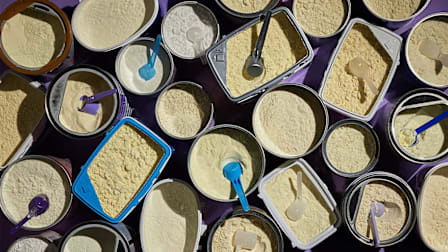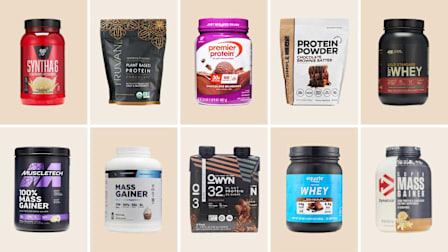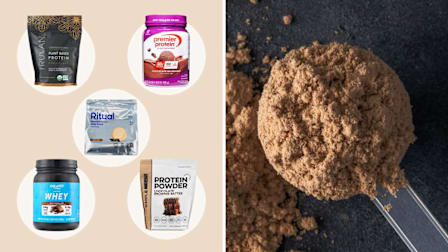Plus, Ronholm says, parents outside of California will also benefit. That’s because manufacturers must start posting test results online in 2025, so consumers in any state will be able to see the results. “This will provide an important tool for consumers to evaluate brands and determine which ones are most effective in reducing heavy metals in their products,” he says.
Over time, heavy metal exposure in young children can lead to cognitive impairment, behavioral problems, and cardiovascular issues. Because of that, in the past several years significant attention has been drawn to the sometimes surprisingly high levels of heavy metals found in baby food.
Several organizations, including CR, have tested baby foods and found that some contain alarming amounts of arsenic, lead, and cadmium. The Food and Drug Administration has proposed limits for certain foods. Yet CR’s most recent tests show that the overall risk that heavy metals in baby food pose to kids remains largely unchanged. When CR’s scientists compared heavy metal levels in products they tested in June with similar products they tested in 2018, they found some improvements. But in some foods, the levels of one type of heavy metal declined while the levels of others rose.
The FDA has limits for arsenic in infant rice cereals and apple juice but not in other foods. In early 2023, the FDA proposed new limits for the amount of lead allowed in certain baby foods. They were announced as part of the FDA’s Closer to Zero action plan, made public in 2021 after a Congressional subcommittee released two reports showing how high levels of certain metals in baby foods were and calling for manufacturers to test finished baby foods for heavy metals—something that will now be required in California at least.
“It is alarming that toxic metals have been found in baby food products, posing risks to the cognitive development of young children,” said Al Muratsuchi, a member of the state Assembly and sponsor of the new law, in a statement. “California leads the nation in consumer protection, and this bill empowers parents by demanding that baby food manufacturers rigorously test their products for heavy metal levels and provide clear labeling to inform consumers about these safety measures.”
According to the new law, starting Jan. 1, 2024, the manufacturers of food packaged in jars, pouches, tubs, and boxes meant for children under 2 years of age—aside from infant formula—will need to test a sample of each product for arsenic, cadmium, lead, and mercury once a month. They will be required to share the results with the California State Department of Public Health upon request.
Effective Jan. 1, 2025, baby food makers will be required to post the test results on their websites. Products that exceed any FDA limit can still be sold but they will need to have links on their label to the test results and to FDA information about the effects of heavy metals on children’s health.
Gerber, a leading baby food manufacturer, told CR that "strong, consistent standards for heavy metals in foods are good for babies, parents, and our industry. Gerber already has some of the most stringent standards in the industry, and for years, we have taken proactive steps to minimize the presence of naturally occurring heavy metals in the ingredients we use." Beech-Nut did not respond to a request for comment.
“The last thing parents should exp
ect to find in baby food are toxic heavy metals that can pose a threat to their child’s health and well-being,” Ronholm says. “This new law will provide manufacturers with the incentive to get heavy metal levels in their products down to as close to zero as possible, and therefore will be a major step forward in protecting children.”
This is the second food safety law California enacted this month. The California Food Safety Act bans the use of Red Dye No. 3 and three other harmful additives in foods that have been linked to serious health problems such as hyperactivity, nervous system damage, and an increased risk of cancer.
Editor’s Note: This article was updated to include comments from Gerber.





